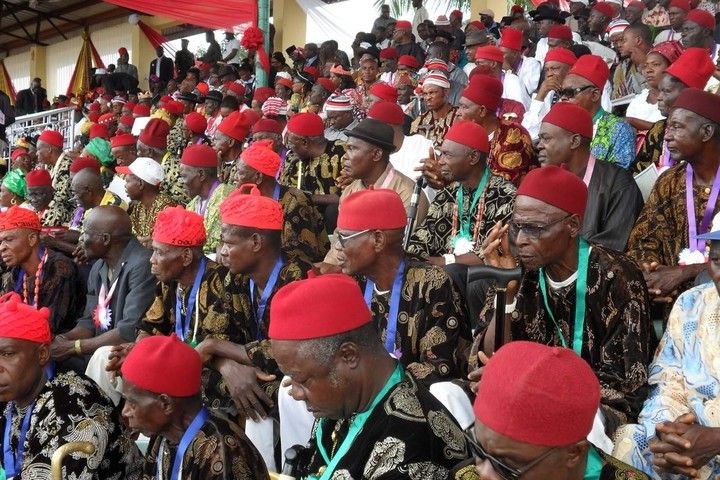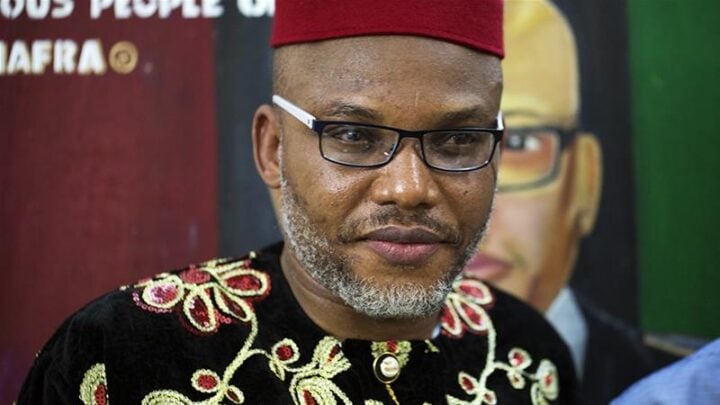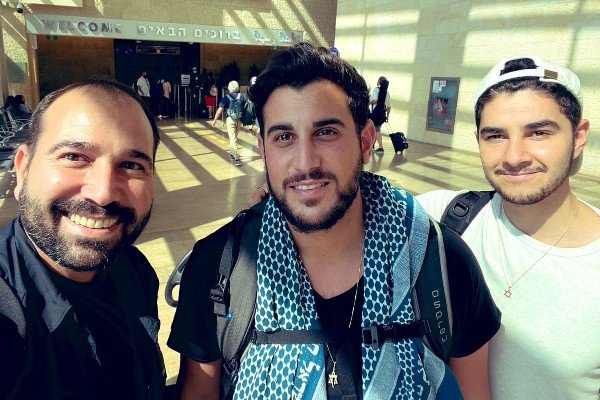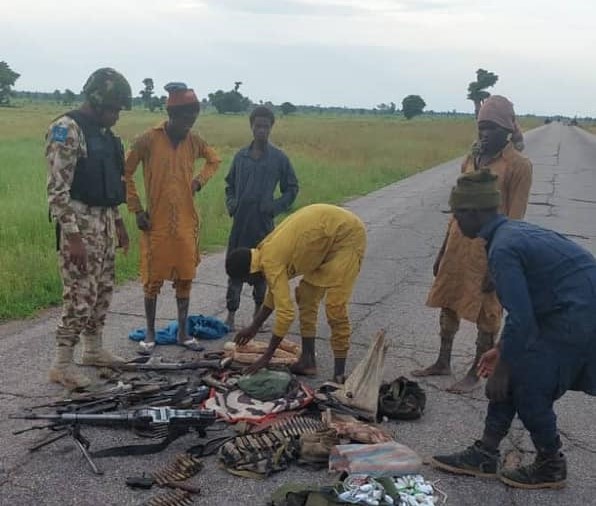BY CHINEMELU NWOKIKE
Each of our three Regions is vastly different in many respects, but each has this in common: that, despite a variety of languages and customs or differences in climate, all form part of one country which has existed as a political and social entity for fifty years. That is why we believe that the political union of Nigeria is destined to be perpetual and indestructible. ~ Nnamdi Azikiwe.
I know that many of you reading the last line of Azikiwe’s quote above will be seething and querying his audacity. How can anyone suggest, let alone assert that this ‘contraption’ called Nigeria is eternally fated to remain one? What progress has Nigeria made as a nation, that is if it can even de described as one? Can we then continue like this?
I totally understand your pique and it should go without saying that any union, no matter how articulately soldered can still be separated if the right conditions are met. However, we must note that another instructive phrase in Zik’s missive is “we believe”, which means that he was speaking for people with the same ideology and not necessarily everyone.
Advertisement
Leaving Owelle for now, let us first agree that the right to self-determination is guaranteed in international law. That much has never been in doubt. But it must be stated here that the term self-determination, according to the United Nations General Assembly resolution 1514 (XV) of 14 December 1960 seemingly applies to people under colonial domination. However, it is increasingly suggested in contemporary literature that a right to unilateral secession, stemming from the right to self-determination of peoples, may arise as ultimum remedium when serious injustices are suffered by a people irrespective of the aforementioned exegesis. Of course, we know that these legal lines and sentences often appear easier stated than interpreted but serious injustices here would include but aren’t limited to infringing on your rights to associate, vote, get educated, and freely practice your religion.
So from the above-stated, I will want us to consider these concomitant questions. What are the serious injustices suffered by our people which set the conditions right for a secession? Is there a strategy/blueprint for the ‘struggle’? And finally, where are the geographical boundaries of the proposed Independent Republic?
In attempting to interrogate these questions, I will take us back to the first secession attempt by Ojukwu and then drawing on the adapted submissions of Charles Anyanwu and Chukwuemeka Ojielo I will humbly argue that Igbos need intellectual leadership and not secession.
Advertisement
The pogrom of 1966 brought home the Nigerian crisis to Igbos in the then Eastern region. Besides those who suffered death and injury, many relatives and dependants were equally adversely affected either emotionally or economically. Furthermore, despite the international media suppression of the events then (especially without internet proliferation) the larger world was appalled by the horrific massacre of Igbos. The corollary of this was a consensus apprehension for the security of Igbos in Nigeria; thus Ojukwu rightly and unilaterally declared the secession.
Now having said that, can we honestly say that Igbos have suffered serious injustices recently to warrant the heightened agitation for secession? I believe that unlike in 1967 we may not have a consensus on this. For one, Igbos have been active participants in the democratic process since the end of the civil war. We made an impressive comeback to mainstream Nigerian politics even to the point of producing a Vice President and dominating important sectors of the economy. Igbos had representatives in every legislative assembly including many senate presidents since then and have had more Finance Ministers than many tribes.
Indeed the last administration saw the Igbos holding ‘juicy’ executive portfolios that included the petroleum, finance, and aviation ministries, while the Deputy Senate President and Deputy Speaker were both Igbos. The Secretary to the Government of the Federation was also an Igbo man and we even adopted the president named Azikiwe as ‘our own’. Surely these apodictic facts cannot be analogous to “serious injustices”.
Be that as it may, there are still millions of Igbos who will disagree and argue that the region has been perennially marginalized since the end of the civil war. I agree but the question begs again; how rational is this argument? Can it pass as the conditions listed in the UN declaration that some often broadcast in support of the secession bid?
Advertisement
The marginalization of Igbos and indeed other ethnicities of Nigeria didn’t start with the Buhari administration. I have argued that in our skewed federalism, the marginalization in federal appointments is often directly proportional to the distance of ‘their own’ from the center. In other words, the farther ‘your own’ is from the center the more the likelihood of your region being marginalized. With regard to infrastructure, most of the South East federal roads like the Enugu-Onitsha, Enugu-Port-Harcourt, and Ninth Mile-Oturkpo were constructed under Shagari, Buhari, Babangida, and Abacha. These leaders are from the north, our perceived traducers. How many did our darling brother Jonathan and fellow southerner Obasanjo build for our region in 14 years at the helm?
But even if we still disagree and insist on secession let us then proceed to the second question about strategy. Yes, strategy. This is where I have seen a near consensus among the Igbo intelligentsia who see no strategy beyond the online noise and the comparison of various photoshopped images of president Buhari’s ear. How will that bring us the much-touted referendum? Has any Igbo lawmaker sponsored a bill suggesting the inclusion of a plebiscite in our constitution? With the Nigerian state clearly unwilling to cede any part of its territory, further protests will continue to be met with brutality and needless loss of lives.
As for boundaries, this question is the million-dollar question that is usually met with incoherence at best and a loud silence at worst. And that is understandable because after watching Governor Umahi proclaim that “Ebonyi state is not part of Biafra, we are a sovereign state, and we don’t want to be colonised again..” what will give you the confidence to persuade or the audacity to coerce the South-South states to join your secession bid?
The truth is that secession is not opposition. The current political predicament of the Igbos in Nigeria is largely self-inflicted. It is simply a result of our recent impolitic political choices, imprudent posturing, and the inability to articulate a strategy to assume our rightful position in Nigerian politics just like we easily do in the economic sector.
Advertisement
This descent didn’t happen overnight for we have witnessed the ubiquitous emergence of selfish political leadership since the 4th Republic. A type of leadership that is bereft of intellect and vision, yet these are qualities in abundance among Igbos. I did opine however that Peter Obi’s choice as the PDP’s vice presidential candidate in 2019 presented an opportunity to reshape our political thought process because win or lose, the task of piloting Igbos back to mainstream Nigerian politics ought to have started then.
Nonetheless, there is time yet. Our people say that your dawn breaks when you wake up. So we can still get it right. But we need intellectual leaders to step up, leaders like Zik who are capable of persuading without necessarily polarizing the populace. Leaders that will counter the idols of the agitation who tell their disciples exactly what they want to hear instead of what they need to hear. Leaders who will look directly into the eyes of the Igbo masses and tell them that the Islamisation narrative is largely a myth willfully amplified after Jonathan’s defeat.
Advertisement
Intellectual leadership will recognize the dearth of Igbo participation in the mainstream media. A deficiency that left a vacuum now filled by mushroom blogs and other fallacy manufacturing platforms that contribute little in shaping the news agenda. We need leaders who will partner with the millions of Igbos abroad to bridge the demographic distortion bedeviling the region and channel our naturally endowed entrepreneurial skills homewards. With intellectual leaders, we will have elected officials with a bifurcation of responsibilities; accounting for their stewardship and the resources allocated to the region whilst still pushing for equitable devolution at the center.
In taking this position I do not discountenance the rights of those who still feel aggrieved with the country but I hope that some may have at the least been persuaded to acknowledge that an awfully hatched struggle for secession devoid of an articulate strategy and unambiguous geographical boundaries is bound to be fruitless. It was the great Zik who stated thus about himself: “Despite the mythic heights to which he was raised, Azikiwe was nothing if not pragmatic, a realist always conscious of his limits and ever eager to extract all that was possible from that limited horizon”. Let us encourage such leaders to arise. It is how great leaders are made and they are the ones that take the people where they don’t necessarily want to go but ought to be.
Advertisement
Chinemelu Nwokike is a media consultant who writes on sociopolitical topics. He tweets @cmonionline
Advertisement
Views expressed by contributors are strictly personal and not of TheCable.
Add a comment






